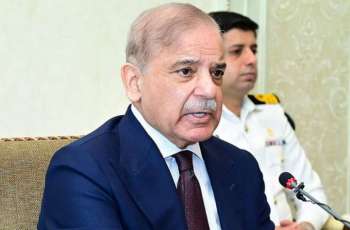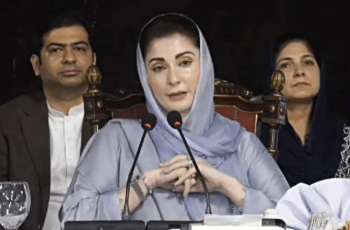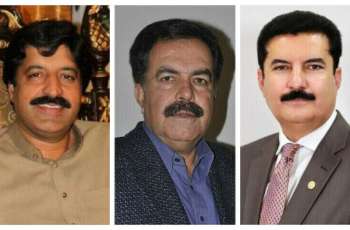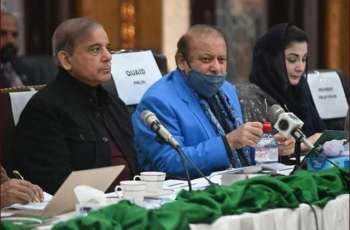The eviction of an estimated 100,000 people living along two waterways in Pakistan's largest city in a bid to mitigate flood impact has been condemned by experts from the Office of the United Nations High Commissioner for Human Rights (OHCHR) on Friday
MOSCOW (Pakistan Point News / Sputnik - 25th June, 2021) The eviction of an estimated 100,000 people living along two waterways in Pakistan's largest city in a bid to mitigate flood impact has been condemned by experts from the Office of the United Nations High Commissioner for Human Rights (OHCHR) on Friday.
Heavy rain is typical for Pakistan in late summer but last year, Karachi was hit by the worst rainfall it had seen in decades. At least 41 people were killed and multiple buildings were destroyed. In response to the 2020 floods, the authorities began clearing the territory along the narrow canals.
"These actions were undertaken by city authorities without adequate consultation with the affected residents, no relocation plan, and disparate and insufficient compensation for the displaced," the experts said, as quoted in a OHCHR press release.
According to the experts, 96,000 people may be affected by the demolition of 12,000 houses along the waterways known locally as nullahs. Recent data revealed that over 66,500 people have already been rendered homeless.
The experts further expressed concern over the Pakistani Supreme Court's dismissal of stay orders issued by the Anti-Encroachment tribunal, which has saved some houses from demolition.
"In the wake of this decision, there are worrying reports that demolitions are underway again in Gujjar and Orangi nullahs, causing continuing stress and anxiety to residents," the experts said.
According to the OHCHR statement, while human rights laws allow for resettlement when there is an unavoidable risk of flooding, a project like this "requires due process and full compliance with international human rights norms."
UN experts, or Special Rapporteurs, provide expertise voluntarily and independently. They are not paid by the UN and do not speak on behalf of the UN.



